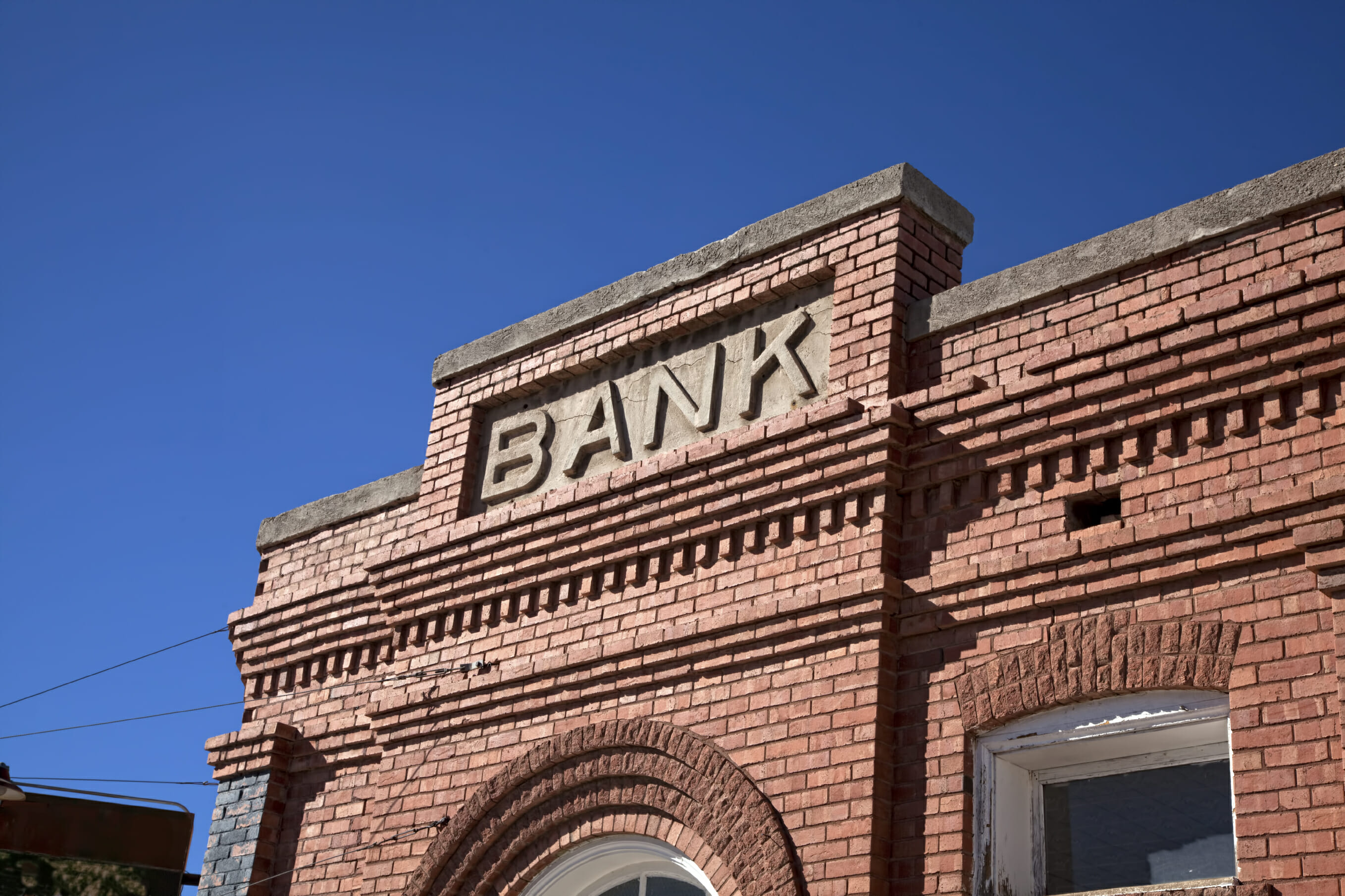In a complicated swindle that rivals Enron’s creative accounting fiasco, the vice president of Appalachian Community Bank in Ellijay, Florida leased a property he didn’t own, collected more than $20,000 in rent and security deposits he wasn’t entitled to, and made his bank sell other properties at significant discounts to the shell company he owned with his wife. The bank closed in 2010, and William R. Beamon was convicted in January 2015 on five counts of bank fraud.
Fortunately, choosing the right bank for a small business isn’t usually fraught with such peril, but bank fees, services, and policies can have many impacts, large and small, on your income. Below are five items to consider carefully when choosing a bank.
In a later post, we’ll take a look at some of the more complex financial services that should inform your decision-making.
Transaction Fees
We don’t need to tell you that the best bank fees are low—or non-existent. Although many banks make a lot of money on fees, smaller banks usually don’t run on fees to the same extent larger ones, according to Jenn Lampa, a property manager for Isalia Property Group in Boston. “The only bank fees we face are for the remote deposit service we use,” she says.
Even the best banks for small business are likely to charge you a fee for something. So your best strategy is to identify the transactions you conduct the most and find out if there are fees charged for those activities.
If a bank charges a fee for returned checks, for example, but you do all your rent collection electronically, that fee won’t matter to you. But if they charge for transfers, and you have multiple operating accounts or trust accounts you regularly transfer funds between, the transaction fees can add up fast.
After investigating a bank’s list of fees (sometimes available online), compare them to well-known benchmarks, such as WalletHub’s 2014 Checking Account Cost Comparison Report.
Be sure to take note of each fee’s frequency or the events that trigger them. For instance, Federal Reserve Board Regulation D requires banks and credit unions to limit the number of monthly withdrawals from savings and money market accounts. If you make more than six transfers in a month from these types of accounts, you could be subject to steep fees.
If you find mostly high banking fees while shopping around, take heart. This Consumer Reports article suggests ways you can avoid them.
The Bottom line: Don’t make any assumptions about what “should” be free. When you open a new small business bank account, you may find things have changed dramatically since the last time.
Direct Deposit or Electronic Rent Payment
You won’t be surprised to hear that according to the 2013 Federal Reserve Payments Study, the number of checks paid nationwide has been declining by more than 9 percent every year since 2002.
Many property managers use direct deposit or Automated Clearing House (ACH), which are comprised of electronic funds transfer programs that processed more than $22 billion in 2013. These services help property managers avoid rent-collection hassles from tenants, and increasingly businesses also are using property management software that provides electronic payment (or ePay) services that let tenants pay online.
Most banks have similar policies for electronic payments, but some may charge your tenants larger fees while others charge no fee. Get the details on each bank’s direct deposit or ACH policy, including how quickly funds post to your account, what fees may be charged, and how they notify you if a transaction fails due to an overdraft or closed account.
Coin Policy
If you have coin-operated laundry facilities, you may have lots of quarters to deposit every month. Make sure you know what a potential banking partner’s coin policy is. Some banks have stopped taking coin deposits, and others have coin-counting machines on site, but not at all branches. Others charge a percentage of the total coin deposited, while some only do so if you don’t have an account with them.
Credit unions are more likely to offer coin counting machines on site, so at least in this area, a credit union might be your best bet.
Online Banking
Most banks offer online banking services, so the important question is what features it offers. Ask bankers:
- Do they have a smartphone app?
- Can you generate spending reports or print statements? If so, how far back – the last calendar year’s statements, or any statement since the account was opened?
- Do they charge a fee for monthly online access?
Banking Hours
When do you most often go to the bank? You may be able to do a lot of banking online on your own schedule, but that won’t work for opening accounts, coin deposits, or mortgage and loan business. Finally, be aware of what services are available at what hours. A bank may be open for teller transactions on Saturdays, but not for personal banking or lending.
What services and features would you look for when setting up a small business bank account? Do you have tips of your own for avoiding bank fees? Leave a comment below.
Read more on Accounting & Reporting

